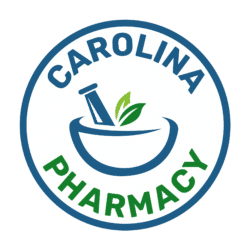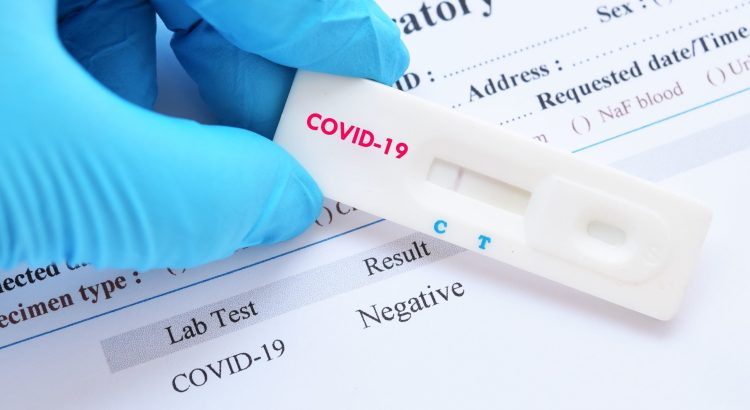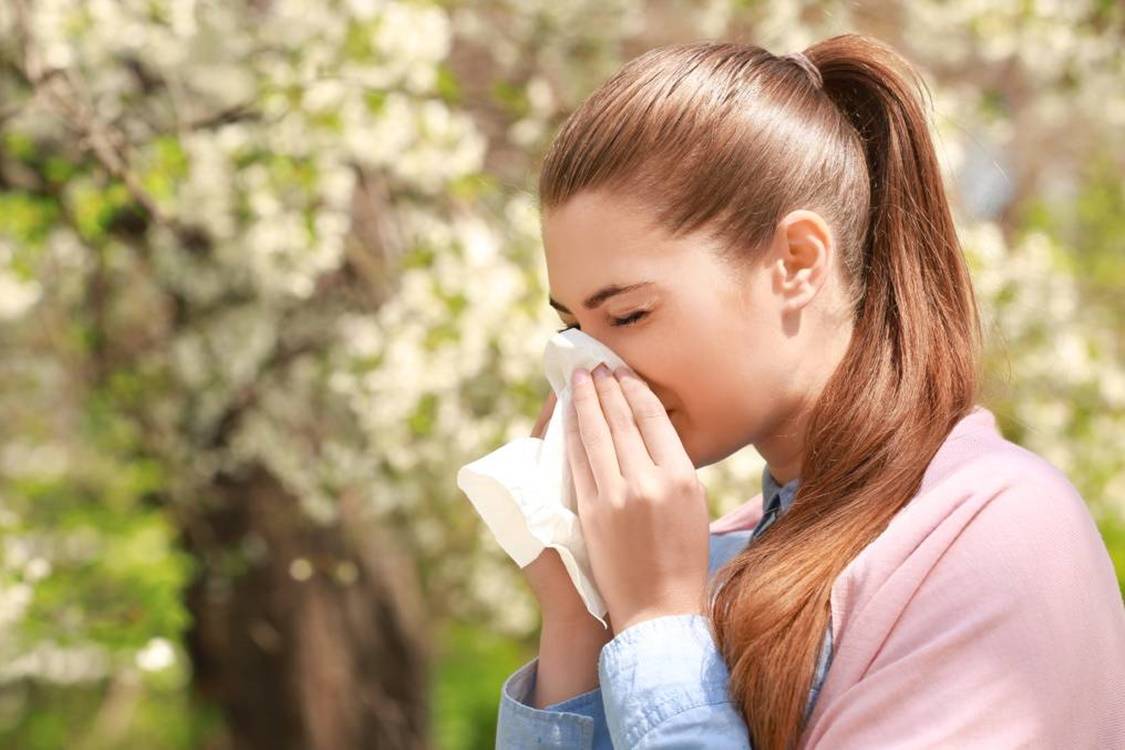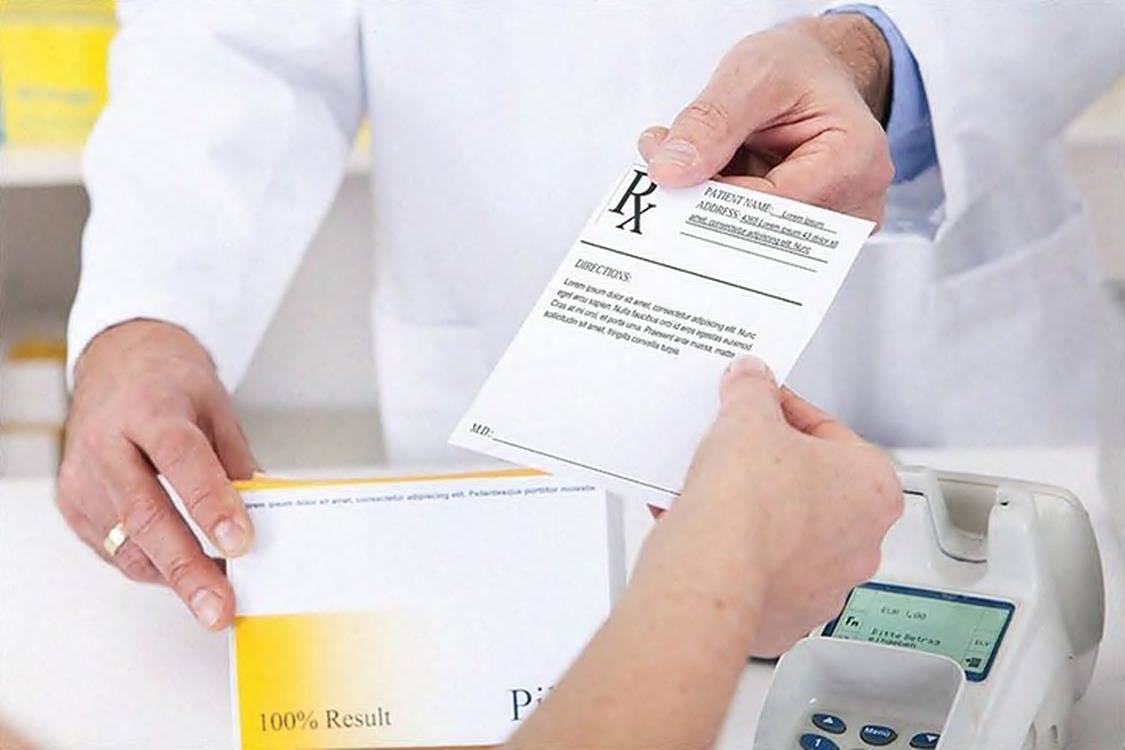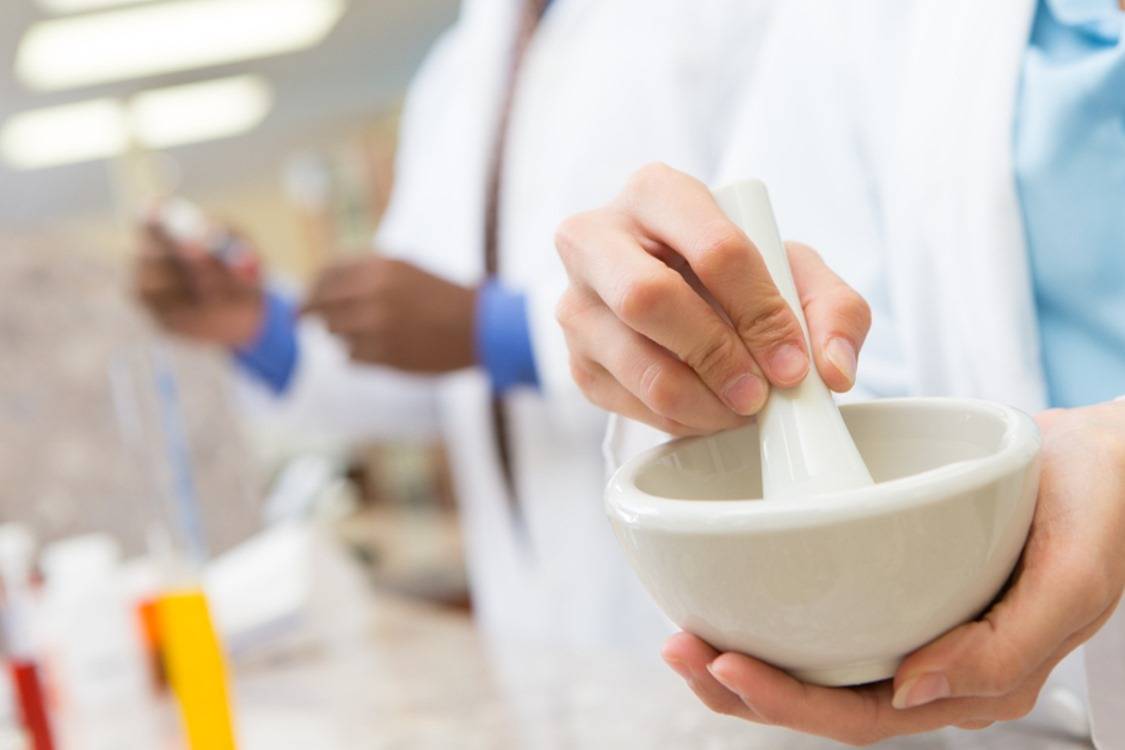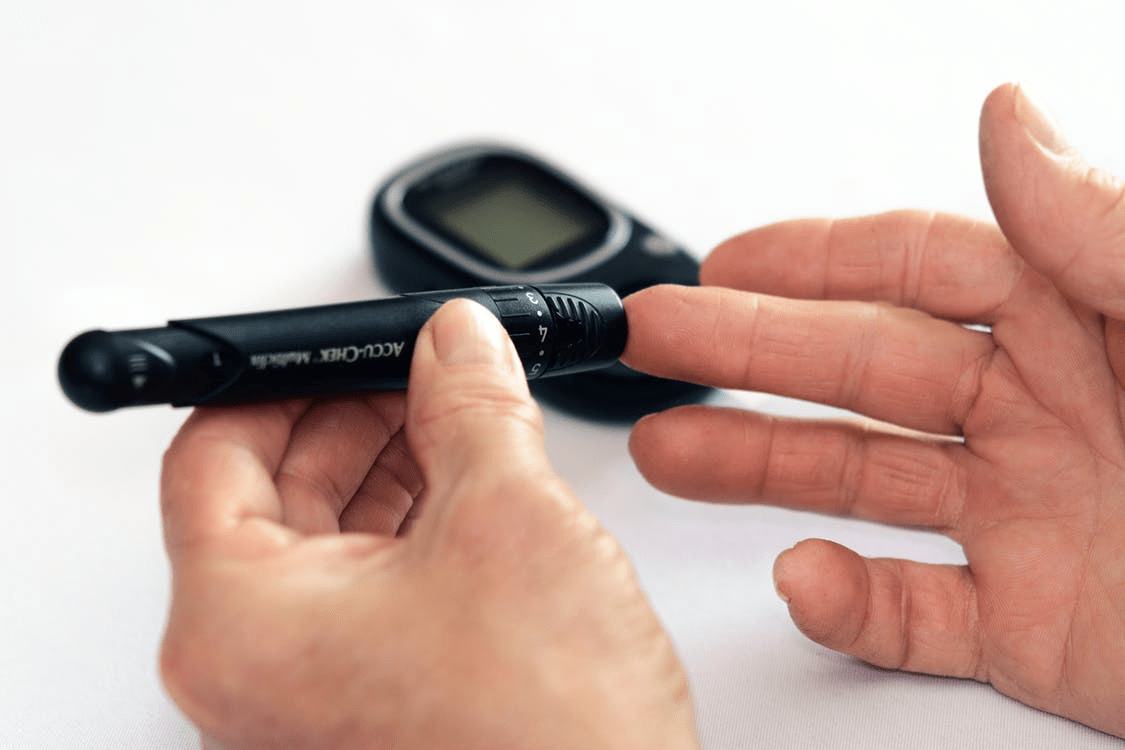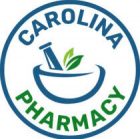Spring marks the end of winter. It’s a signal for people to come outdoors because warmer days are here. Of course, with COVID-19 quarantine orders in effect, we are all advised to stay indoors. However, staying indoors doesn’t mean that we can completely avoid common Spring illnesses.
It is best to be aware of these common illnesses, so you can take measures to avoid them. It is scary to get sick these days especially with the coronavirus pandemic going on. You need your body to stay healthy, so you have a fighting chance against the deadly virus.
What are the Common Spring Illnesses?
Allergies
How many times have you sneezed today?
You might be suffering from spring allergies. Trees and flowers are budding, the grass is growing – pollens are everywhere! They are virtually unavoidable. Unless you have kept your windows completely shut, you will likely inhale a few or more of these pollens.
Fortunately, all the sneezing and other Spring allergy symptoms can be relieved with over-the-counter medications.
Asthma
Asthma is fairly common in Spring, which is not surprising because there are just so many triggers including fertilizers, pollen, and even the change in temperature. It might be a good idea to have your inhaler at hand at all times if you have asthma.
You also need to manage your asthma well because the condition places you at risk of developing severe COVID-19 symptoms.
Colds from Rhinoviruses
Rhinoviruses are common causes of colds. These viruses can be spread easily during springtime. Just as in flu season and the coronavirus pandemic, it is best to wash your hands regularly to avoid getting the rhinoviruses.
Conjunctivitis
If your child’s eye suddenly starts itching uncontrollably, you might want to have your pink eye medication ready. Conjunctivitis is fairly common during this time of year. They are often due to allergies and not infections. Often, they are not contagious.
Lyme Disease
Lyme disease is common when temperatures are above 35 degrees. Deer ticks are most active in these temperatures, and it is those ticks that transmit the disease. Although you are in quarantine, make sure to bring tick repellant if you go outdoors.
Check your body for ticks when you’re outside and remove the tick with tweezers. Place the tick inside a resealable bag just in case you have a reaction, and watch out for symptoms of Lyme disease.
How to Avoid Getting Sick from Common Spring Illnesses
With bugs, colds, and pollens all around you this Spring, here are some tips on how you can keep colds at bay and avoid spring allergies and other illnesses:
- Keep your house clean from germs, pollens, and viruses. Wipe down frequently used surfaces with cleansing wipes. Disinfect at all times!
- Avoid touching your face, nose, eyes, and mouth. This is the fastest way to get infected with colds and yes, the coronavirus.
- Take multivitamins and supplements to strengthen your immune system.
- Grab a saline spray to help get rid of pollen and bacteria in your nasal passages.
- Sweat it out! Make sure to keep your body healthy by exercising. This will help strengthen your immune system.
- Get at least 7 to 8 hours of sleep every day. You need a lot of zzz’s these days. Not only are you strengthening your body against Spring illnesses, but you’re also boosting your immune system against the coronavirus.
- Get your flu shot. It will help protect you against the common flu. It’s as simple as that.
- Eat a lot of fruits and vegetables. Give your body a fighting chance against bacteria and viruses by eating foods that are rich in nutrients.
Spring is beautiful but it brings a lot of common illnesses, so make sure to keep your body healthy to avoid getting these diseases and illnesses.
